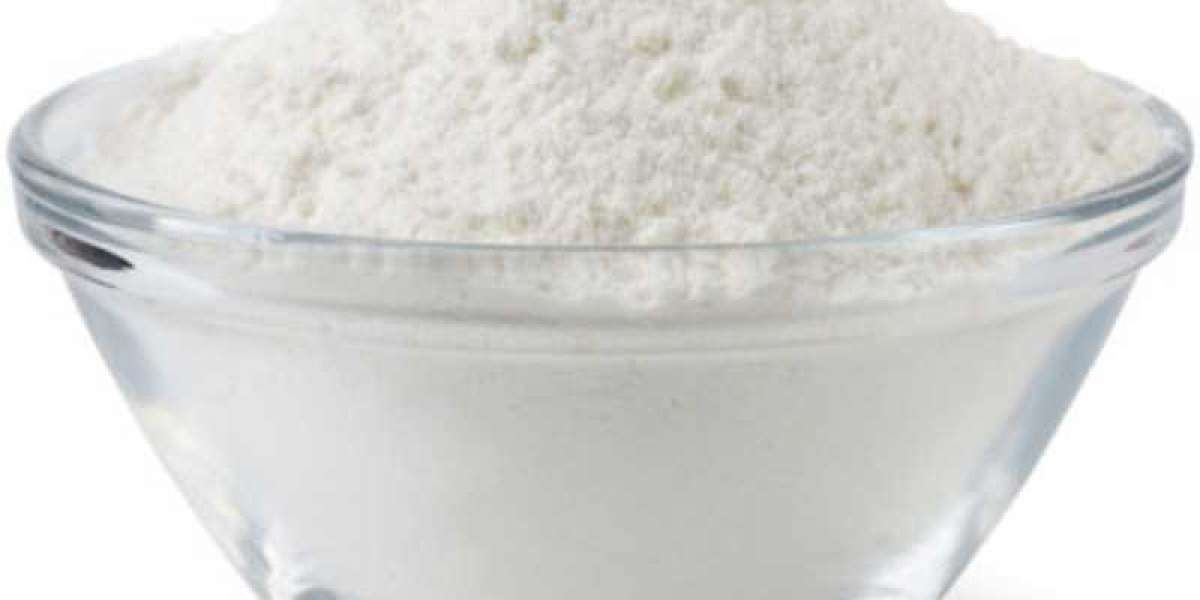The applications of analytical chemistry products in these fields not only improve production efficiency and product quality but also provide important technical support for environmental protection, public health, and scientific research.
Analytical chemistry products have a wide range of applications across various industries and fields. Here are some of the key areas where these products are utilized:
1. Pharmaceutical Industry
Quality Control : Analytical chemistry products are used to detect the composition, purity, and impurity content of pharmaceuticals. For example, high - performance liquid chromatography (HPLC) and mass spectrometry (MS) are widely used for quality control in drug development and manufacturing processes.
Drug Development : In the development of new drugs,
analytical chemistry products are used to identify the structure and properties of compounds and optimize synthetic processes.
Pharmacokinetics Research : By analyzing drugs and their metabolites in human body fluids, the efficacy and safety of drugs can be assessed.
2. Food Industry
Quality Testing : Analytical chemistry products are used to detect nutrients, additives, and contaminants in food. For example, detecting heavy metals, pesticide residues, and microbial content in food.
Component Analysis : Analyzing the components of food to ensure they meet the claims on the label and regulatory requirements.
Food Safety : Monitoring the hygiene of food production processes to prevent food contamination.
3. Environmental Field
Pollutant Monitoring : Analytical chemistry products are used to detect pollutants in air, water, and soil, such as heavy metals, organic compounds, and greenhouse gases.
Environmental Quality Assessment : By analyzing the chemical components in environmental samples, the quality of the environment can be assessed and corresponding protection measures can be formulated.
Pollution Incident Investigation : In environmental pollution incidents, analytical chemistry products are used to determine the source and impact of pollutants.
4. Industrial Production
Raw Material Inspection : Analyzing the composition and quality of raw materials to ensure they meet production requirements.
Process Monitoring : Real - time monitoring of chemical reactions and product quality in the production process, and timely adjustment of process parameters.
Product Quality Control : Conducting rigorous chemical analysis of the final product to ensure it meets the standards.
5. Clinical and Biological Research
Clinical Diagnosis : Analyzing the chemical components in human body fluids (such as blood and urine) to assist in disease diagnosis.
Bioanalysis : Studying the chemical processes and metabolites in living organisms to provide data support for medical research.
6. Agricultural Field
Soil Analysis : Detecting nutrients, pH, and contaminants in soil to provide scientific basis for agricultural production.
Pesticide and Fertilizer Testing : Analyzing the composition and content of pesticides and fertilizers to ensure their quality and safety.
7. Forensic Science and Criminal Investigation
Toxin Detection : Analytical chemistry products are used to detect toxins in human tissues and body fluids to provide evidence for case investigation.
Trace Evidence Analysis : By analyzing chemical substances left at the scene, clues related to the case can be identified.
8. Other Fields
Material Science : Analyzing the composition and structure of new materials to provide basis for optimizing material properties.
Cultural Heritage Conservation : Identifying the age and composition of cultural relics to provide scientific support for cultural heritage protection.
Sports Field : Detecting the use of performance - enhancing drugs by athletes to maintain the fairness of sports competitions.
The applications of analytical chemistry products in these fields not only improve production efficiency and product quality but also provide important technical support for environmental protection, public health, and scientific research.








